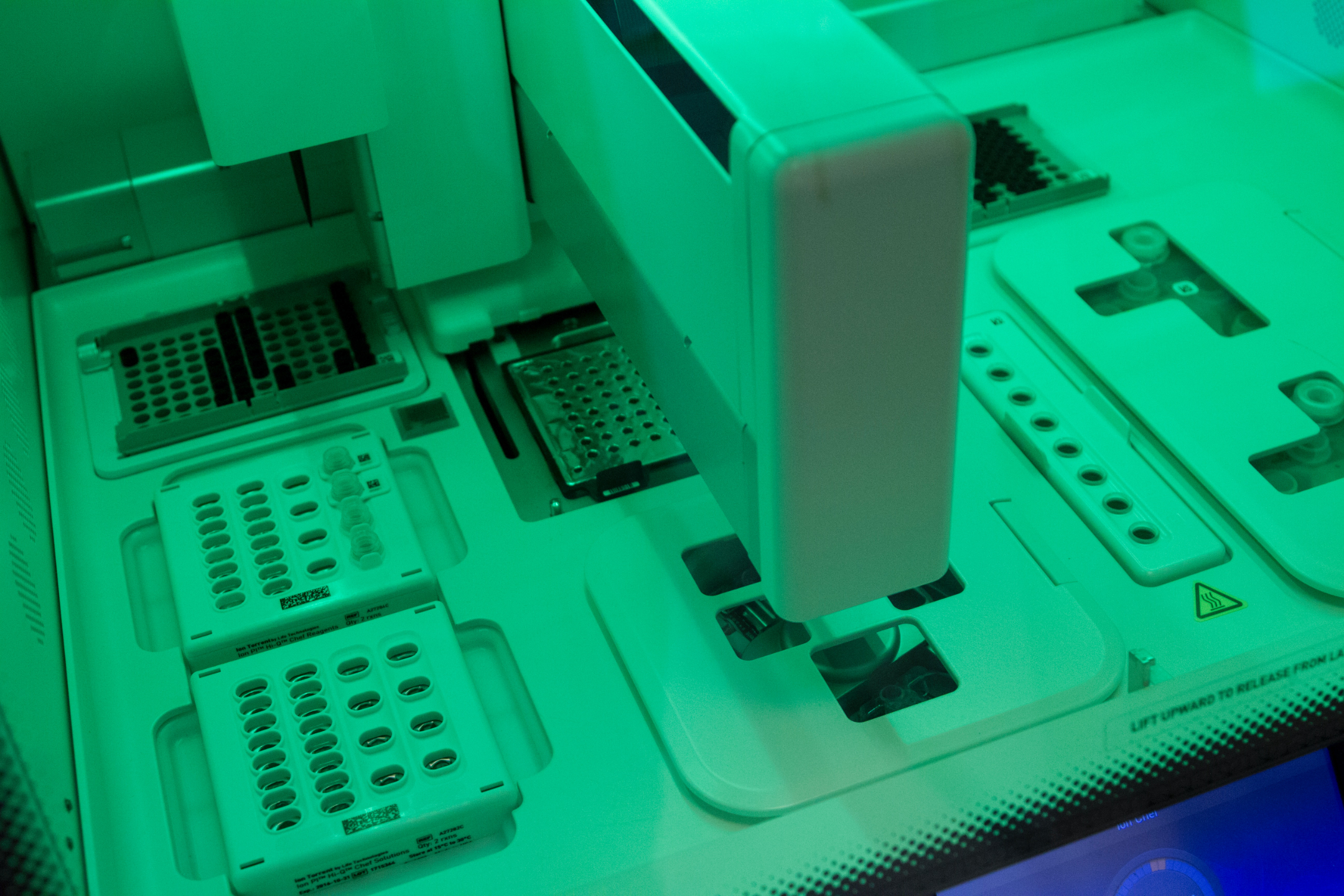Guillain-Barré Syndrome

Guillain-Barré syndrome (GBS) is a rare but serious autoimmune disorder that occurs when the immune system attacks the peripheral nervous system, causing muscle weakness, paralysis, and other neurological symptoms. GBS can progress rapidly and may lead to respiratory failure or other life-threatening complications.
Who's at risk for Guillain-Barré syndrome?
Anyone can develop GBS, but certain groups of people are at higher risk, including:
- People who have recently had a viral or bacterial infection, such as the flu or Campylobacter jejuni
- People with a history of GBS or other autoimmune disorders
- People who have received certain vaccines, such as the flu vaccine or COVID-19 vaccine
What causes Guillain-Barré syndrome?
GBS is caused by an abnormal immune response that leads to inflammation and damage to the myelin sheath that surrounds nerves, as well as to the nerves themselves. The exact cause of this abnormal immune response is not well understood, but it is thought to be triggered by a viral or bacterial infection or by certain vaccines.
How does Guillain-Barré syndrome start?
GBS typically starts with a gradual onset of neurological symptoms, such as tingling or numbness in the feet or hands, which may spread to other parts of the body over several days or weeks. In some cases, symptoms may progress rapidly, leading to muscle weakness or paralysis within hours.
What are the symptoms of Guillain-Barré syndrome?
The symptoms of GBS may vary depending on the severity and duration of the condition, but may include:
- Muscle weakness or paralysis, usually starting in the feet or hands and spreading to the arms, legs, and other parts of the body
- Tingling or numbness in the feet or hands
- Loss of reflexes or coordination
- Difficulty speaking, swallowing, or breathing
- Severe pain in the affected muscles or joints
How is Guillain-Barré syndrome diagnosed?
Diagnosing GBS involves a comprehensive evaluation of a person's symptoms, medical history, and physical exam, as well as diagnostic tests such as nerve conduction studies or a spinal tap to confirm the presence and severity of nerve damage.
How can Guillain-Barré syndrome be treated?
Treatment for GBS may involve a range of interventions, including:
- Intravenous immunoglobulin (IVIG) or plasma exchange (PLEX), which can help reduce inflammation and improve nerve function
- Medications, such as corticosteroids or pain relievers, which may be used to manage symptoms or prevent complications
- Supportive care, such as respiratory support or physical therapy, which may be necessary for people with severe symptoms or complications
What complications may occur with Guillain-Barré syndrome?
If left untreated or poorly managed, GBS can lead to a range of complications, including:
- Respiratory failure or other life-threatening complications
- Chronic pain or disability, particularly in cases of severe or long-term GBS
- Guillain-Barré syndrome sequelae, such as chronic inflammatory demyelinating polyneuropathy (CIDP), which can cause recurrent or chronic nerve damage
How can I prevent Guillain-Barré syndrome?
Preventing GBS is not always possible, as the condition is often triggered by viral or bacterial infections or by vaccines. However, following good hygiene practices, such as washing your hands regularly, can help reduce the risk of infections that may trigger GBS.
Long-term management of Guillain-Barré syndrome
Managing GBS over the long term involves ongoing monitoring of symptoms, regular healthcare provider visits, and following a treatment plan as prescribed by a healthcare provider. It may also involve making lifestyle changes to manage symptoms and prevent complications, such as physical therapy or assistive devices to improve mobility or prevent falls.
What is recent research saying about Guillain-Barré syndrome?
Recent research in GBS has focused on improving diagnosis and management of the condition, as well as identifying new treatment options and risk factors. Some of the promising areas of research include:
- Investigation of the role of genetic and environmental factors in GBS, which may help identify high-risk groups and improve treatment strategies
- Development of new immunotherapies or drug combinations, which may be more effective at reducing inflammation or improving nerve function than current treatments
- Exploration of the association between GBS and other medical conditions, such as COVID-19 or Zika virus, which may help improve understanding of the underlying mechanisms of GBS and inform prevention or treatment strategies
Where can I go for more information on Guillain-Barré syndrome?
If you or someone you know has been diagnosed with GBS or wants more information on how to prevent the condition, it is important to seek help from a healthcare provider who specializes in the treatment of neurology or autoimmune disorders. The following organizations also provide information and resources on GBS:

